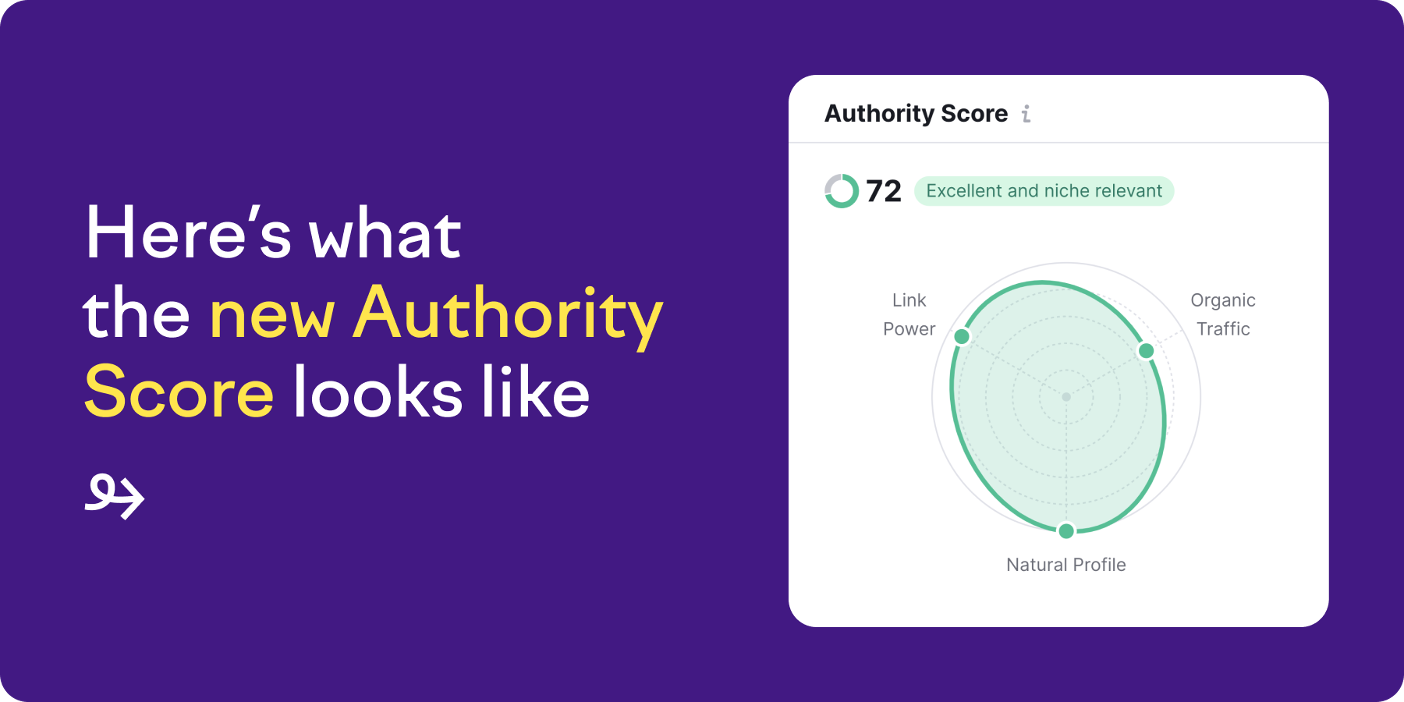When it comes to promoting a business, most business owners focus on PPC campaigns and a few SEO tactics. Many small business owners don’t think about blogging because thousands of blogs are already available that may overwhelm them. Big organizations already have a robust digital marketing strategy that includes blogging. However, even if hundreds of blogs are already there, small businesses or startups also need to include blogs in their online marketing plan.
Any business looking to increase website traffic and attract new customers should include blogging in their marketing strategy. With the ever-changing business landscape, marketers need to stay on top of trends and adopt the latest marketing landscape. As new trends keep emerging, blogging has remained consistent over the last several years.
Blogging has become a vital part of digital marketing to maintain a strong online presence and stand out above the competition.
With an effective blog strategy, businesses can maximize their online reach. The purpose of blogging is not just to promote your products and services but also to drive website traffic and build trust with your potential customers. It is important to keep publishing high-quality, informative blogs to enhance customer engagement.
Before we find out more benefits of blogging, let’s first clearly understand what business blogging is.
What is a Business Blog?
Back in the 1990s, a blog was similar to a personal diary with the exception that it was shared online. The topic of blogs could be anything- from life experiences to travel guides. As blogs gained popularity, marketers saw this as an opportunity to communicate information with their customers. So, a blog, short for “weblog” can be defined as an online journal or informational website. It can be for sharing personal views or to promote business. Blogging for business has become increasingly popular because it helps a site rank higher in Google SERPs. It works as a marketing channel that helps businesses increase their online visibility and generate brand awareness.
Benefits of Blogging for Small Businesses
You may wonder that with thousands of blogs online, why would people read your blog. Indeed, all customers who visit your site don’t read blogs. However, if someone searches for some information related to your product or service on Google, they may find your blog if you have provided the information they’re looking for. Whenever users perform internet research for a product or service, they always find several blog posts related to that topic.
By providing information that readers might be looking for, it becomes easy to reach your target customers. So, blogging performs two main functions- connect you with your potential audience and boost traffic to your website. Now, let’s check out some more benefits of blogging for businesses to add a blog to your online marketing strategy.
Boost Website Traffic
Very few people will type in your website URL and go directly to your site. People always search for products/services and research about it. Blogging is one of the best tactics to increase your website’s traffic. Publishing original and informative content regularly will catch the interest of potential customers in your business and result in increasing your website traffic. More traffic leads to more leads and better returns.
However, simply writing quality content isn’t enough. You need to optimize your blog posts for the keywords your audience is using for their search queries. Adding relevant keywords to your blogs will increase your chances of appearing on the first page of search results. Higher website traffic means more potential for product/service inquiries, reservations/bookings, and more sales. Blogging should always be a part of your SEO strategy to get quality organic traffic. Use online SEO tools to research keywords that your audience is searching for and create content around those keywords.
Engage With New and Existing Customers
As compared to a business with no blog, a site with consistent and frequent blogging attracts more attention from visitors. An informative blog provides a platform to connect with both new and existing customers. Besides improving your site’s SEO, blogs help in enhancing brand reputation, trust, and credibility.
Consistently publishing blogs show that you’re actively engaged in providing the best solutions and dedicated to solving your customers’ problems.
This will attract new customers and retain existing ones. You can publish content in form of tutorials, guides, and tips that are related to your business. Doing this will position your brand as a leader in the industry.
Link Sharing Opportunities
Blog also provides content for social media posts and offers an opportunity for others to share the link to your blog. The information available in a single blog post can be used for several social media posts. Also, if people like your content, they will be encouraged to share it with their friends, family, and colleagues through social media.
When people share your blog posts, it will boost your site’s traffic and lead to exponential growth. The best part of sharing engaging information with your readers is that it creates opportunities for sharing that works like free marketing. People can even share your blog on social networks — Twitter, LinkedIn, or Facebook.
The blog sharing options helps expose your business to a new audience and helps you get discovered via social media. A robust online marketing strategy will establish your business as an industry expert. When several people share your posts, it will act as word of mouth and the audience will see you as a trusted business and reliable brand.
Convert Traffic into Leads
You also have the opportunity to convert the traffic coming to your site through your blog into leads. You can add keywords and anchor texts to link other landing pages of your site. Also, each blog post can contain a lead-generating call-to-action such as free subscription, whitepapers, webinars, or trials.
When a visitor comes to your website for any information, this call-to-action can direct them to a landing page. If a visitor fills out the form, the traffic would turn into leads for your sales team. However, remember that all visitors reading your blogs will not become leads. Publishing blogs frequently and adding calls to action to every blog post will have long-term benefits.







